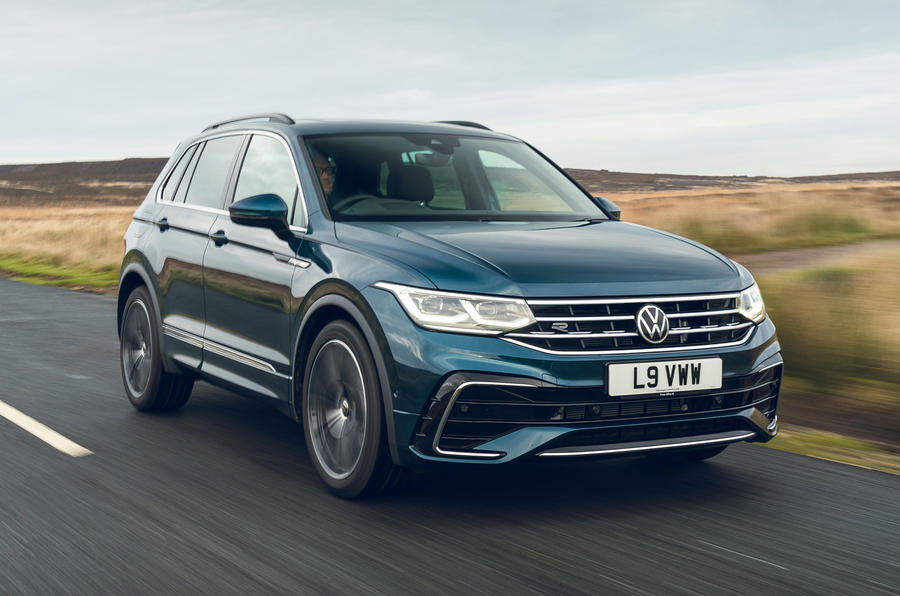Volkswagen has demonstrated its commitment to diesel power by developing engines that can use adapted diesel fuels, claimed to reduce CO2 emissions by up to 95% over conventional diesels.
All models delivered since June employing VW’s four-cylinder TDI diesel powertrains can be used with paraffinic diesel, a newly developed fuel containing bio-components.
While Volkswagen has focused recent efforts on ramping up its electric vehicle offering, this move shows the firm is receptive to other ways of reducing its carbon footprint, in its bid to decrease carbon emissions by 40% by 2030 and to be carbon-neutral by 2050.
For Autocar Business webinars and podcasts, visit Autocar Business Insight
It is a different approach to many of its competitors, which have made bold statements about going fully electric in the next 10 years. By comparison, Volkswagen has said it plans to increase the share of all-electric cars sold in Europe to over 70% by 2030.
Meanwhile, diesel's share in particular has been in steep decline, a trend that started with VW's Dieselgate scandal in 2015. In the UK, where once diesel accounted for roughly half of new car sales, it now makes up only 5%.
A VW spokesman said: “Alongside [the] accelerated ramp-up efforts in the area of electric mobility, Volkswagen is further developing the existing range with combustion engines.
“In this way, the company is responding to different customer needs while at the same time taking into account the internationally varying drive system preferences and the respective general conditions.”
The firm added that paraffinic diesel fuel could be particularly attractive to fleet customers, which run a mix of electric and conventionally powered vehicles. It anticipates that the fuel's market share in the road transport sector could increase to 20-30% in Europe within 10 years.
Paraffinic fuels are produced from biological residual and waste materials such as hydro-treated vegetable oil (HVO). These are then converted into hydrocarbons by a reaction with hydrogen and can be added to diesel fuels in any quantity. V-Power Diesel and HVO are currently available in the UK.
Volkswagen added that other e-fuels such as Power-to-Liquid (PtL) will be offered in future, which are produced from regenerative sources using CO2 and electricity. In this process, excess green energy could be used in their production.





Join the debate
Add your comment
Good for VW. Not everybody is sold on the idea of electric.
The notion that "So many 10 year old diesels, all with removed emmissions equipment destroying the breathable air quality in built up areas" I find hard to believe. Are you really suggesting that it is commonplace for the MOT to overlook the practice of tampering with, let alone removing emissions equipment?
The problem with Diesel, is that as clean as you make the engines, by installing extra emissions equipment etc, the fuel itself is still dirty. And therefore over time, this expensive emissions equipment gets choked up with all the dirty fuel and starts to break down and go faulty. Owners can't afford to repair, especially later on in the vehicles lives, and so have this equipment like DPF's etc illegally removed from the car, and so within 5-10 years, these so called clean diesels are putting out more NOX and other pollutants than a whole fleet of cars.
This is the problem we have at the minute. So many 10 year old diesels, all with removed emmissions equipment destroying the breathable air quality in built up areas.
I've heard VW diesels have no harmful emissions with the 'right' software installed......
Since this item is about VW, my attempt at humour wouldn't have made much sense if I'd mentioned the name of another manufacturer.
I hope that makes sense now.